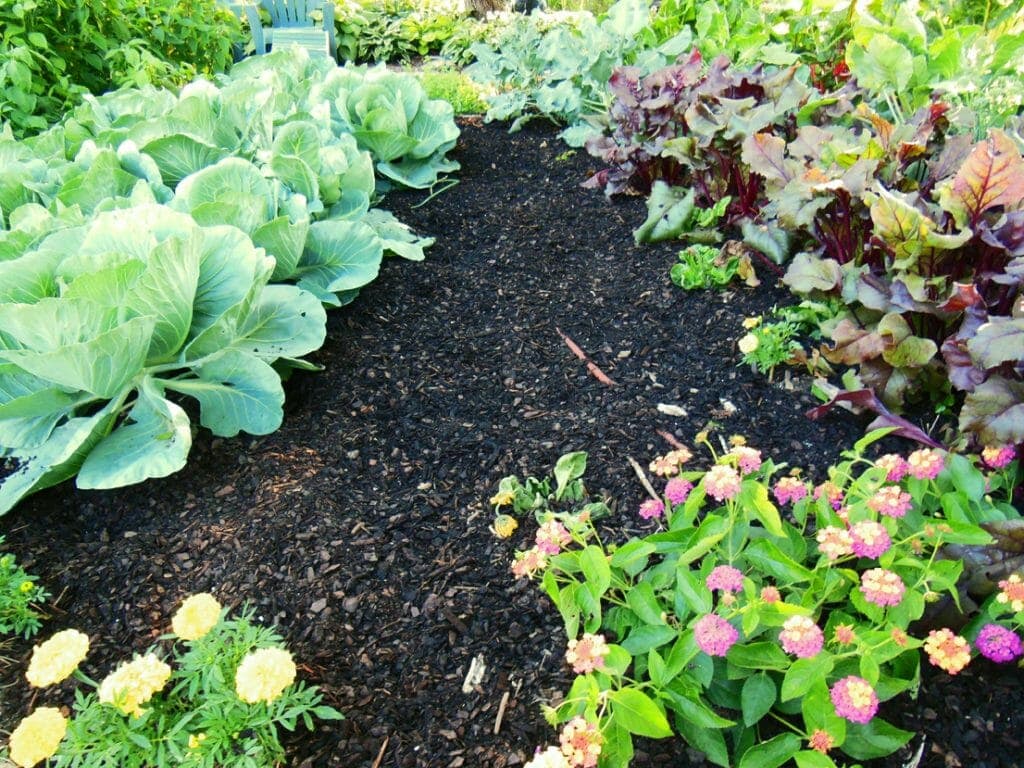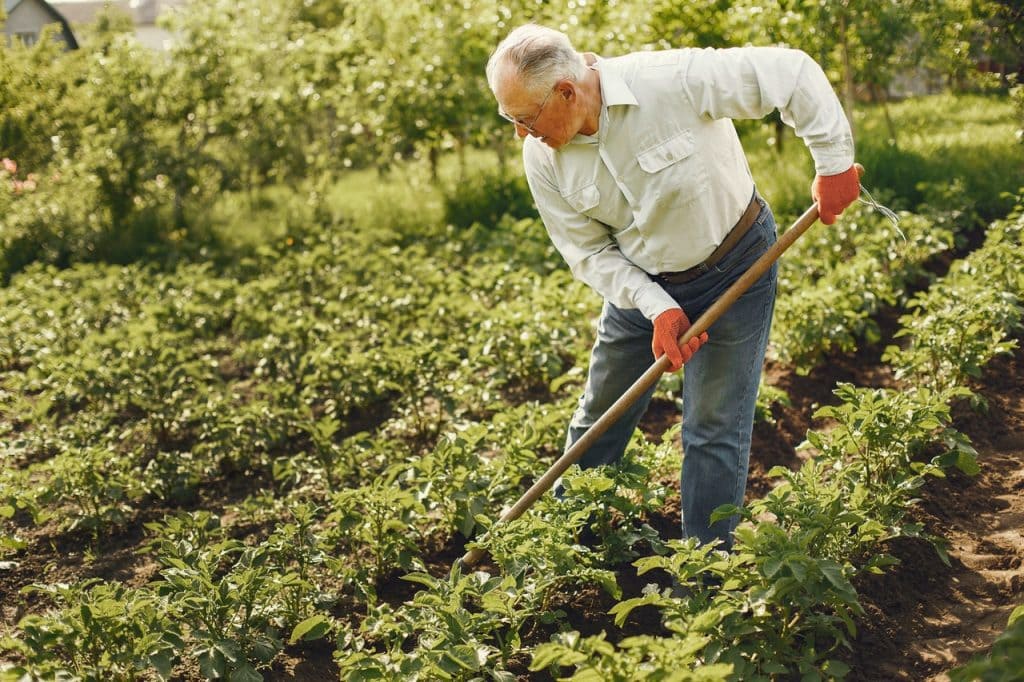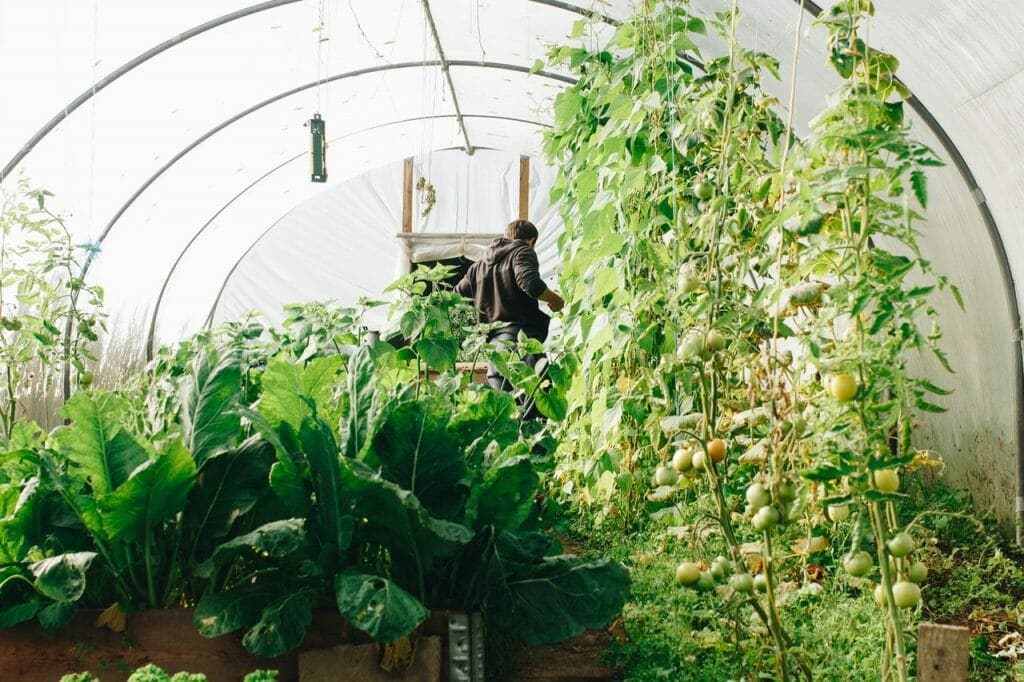Written by Admin and published on https://veggiegardeningtips.com/
Gardens take on many shapes, sizes, and characteristics. Flower gardens add aesthetic appeal to any property and range from simple to elaborate. Vegetable gardens, which can be very attractive in their own right, are regaining popularity with increasing food prices. All gardens, whether they are flower or vegetable, benefit from the use of mulch.
Mulch is any material that covers and protects the soil. In nature, leaves, dead branches, rocks, and even low green plants plants can form layers of mulch. When we bring mulch into our gardens, we are replicating the processes of nature in order to give our plants a good foundation for growth and health, and to increase the beauty of the garden beds. In a variable, often harsh climate, mulch is an extremely important strategy for making your gardens more resilient and healthy.
The Natural Benefits of Mulch in the Garden
ShareShare on twitter Share on facebook Share on pinterest Share on telegram Share on email
This article on the carefree benefits of using mulch in the garden and around the landscape is a guest post by Marcy Tate:
Garden mulch can enhance the look of your garden and help keep your garden healthy. Placing it in your garden can also save you time by decreasing the need for watering, applying herbicides and pulling weeds. A healthy vegetable and fruit garden always begins with healthy soil, and a healthy soil can be encouraged through mulching.
Enjoy these Great Advantages of Mulch in the Landscape:
- Helps moderate the soil temperature
- Enhances the growth of fruit and vegetables planted
- Retains moisture during dry weather, reducing the need for watering
- Reduces excessive weed growth
- Natural mulches can improve the structure of the soil
- As mulch decays it becomes topsoil adding nutrients to the soil
- Enhances the beauty of your home by adding color and uniformity
- Mulches help prevent damage to trees and shrubs by lawn equipment
There are two general categories of mulch; organic and inorganic. Organic types are made from natural matter, such as bark, wood chips, straw, leaves, pine needles, or grass clippings. Inorganic mulches includes gravel, pebbles, black plastic and landscape fabrics.
Making Comparisons between Organic and Inorganic Mulches
Organic mulch is the most beneficial to your garden. Unlike manufactured types, organic mulch helps improve soil by adding organic matter as it decomposes. According to the United States Department of Agriculture; “Mulch may also encourage the growth of worms and other beneficial soil organisms that can help improve soil structure and the availability of nutrients for plants.”
Organic mulch also costs less than inorganic mulches. Many local Park and Recreation Departments give away wood chips and bark at no charge. A small disadvantage is that because organic mulch decomposes over time, it needs to be replaced after several years.
While inorganic mulch (also known as man-made mulch) doesn’t benefit your garden as much as the organic varieties, it is easier to maintain. The various types of inorganic mulch do not attract pests and do not decompose. Inorganic mulch is an especially good weed barrier.
Tomorrow Marcy will return to identify specific types of mulch and their application as useful elements in the garden or around the home landscape.
Original post here https://veggiegardeningtips.com/the-natural-benefits-of-mulch-in-the-garden/.



